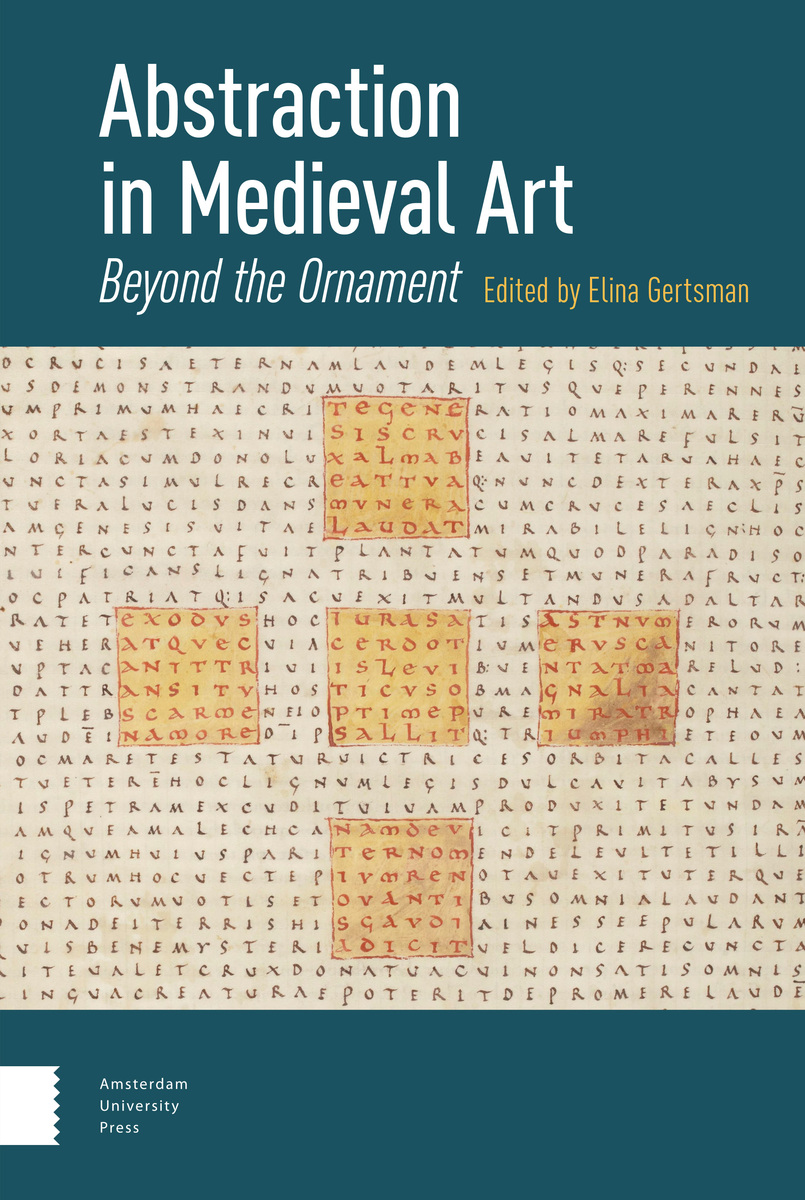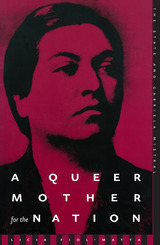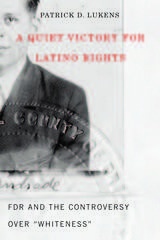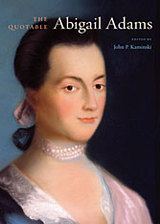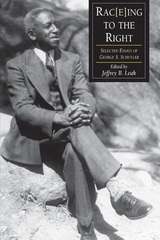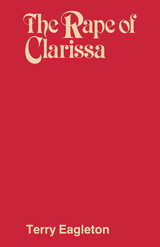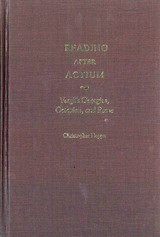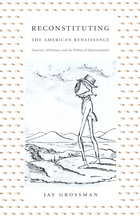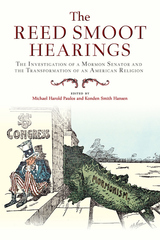Abstraction in Medieval Art: Beyond the Ornament
Amsterdam University Press, 2021
eISBN: 978-90-485-4267-3
See other books on: Abstraction | Beyond | Conceptual | Medieval Art | Ornament
See other titles from Amsterdam University Press
eISBN: 978-90-485-4267-3
ABOUT THIS BOOK | AUTHOR BIOGRAPHY | REVIEWS | TOC
ABOUT THIS BOOK
Abstraction haunts medieval art, both withdrawing figuration and suggesting elusive presence. How does it make or destroy meaning in the process? Does it suggest the failure of figuration, the faltering of iconography? Does medieval abstraction function because it is imperfect, incomplete, and uncorrected-and therefore cognitively, visually demanding? Is it, conversely, precisely about perfection? To what extent is the abstract predicated on theorization of the unrepresentable and imperceptible? Does medieval abstraction pit aesthetics against metaphysics, or does it enrich it, or frame it, or both? Essays in this collection explore these and other questions that coalesce around three broad themes: medieval abstraction as the untethering of image from what it purports to represent, abstraction as a vehicle for signification, and abstraction as a form of figuration. Contributors approach the concept of medieval abstraction from a multitude of perspectives-formal, semiotic, iconographic, material, phenomenological, epistemological.
See other books on: Abstraction | Beyond | Conceptual | Medieval Art | Ornament
See other titles from Amsterdam University Press
